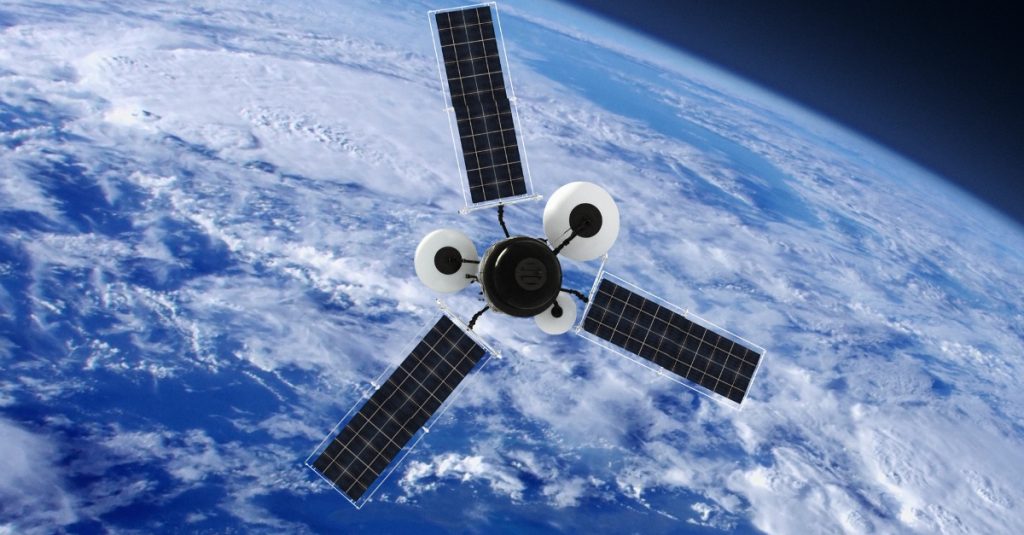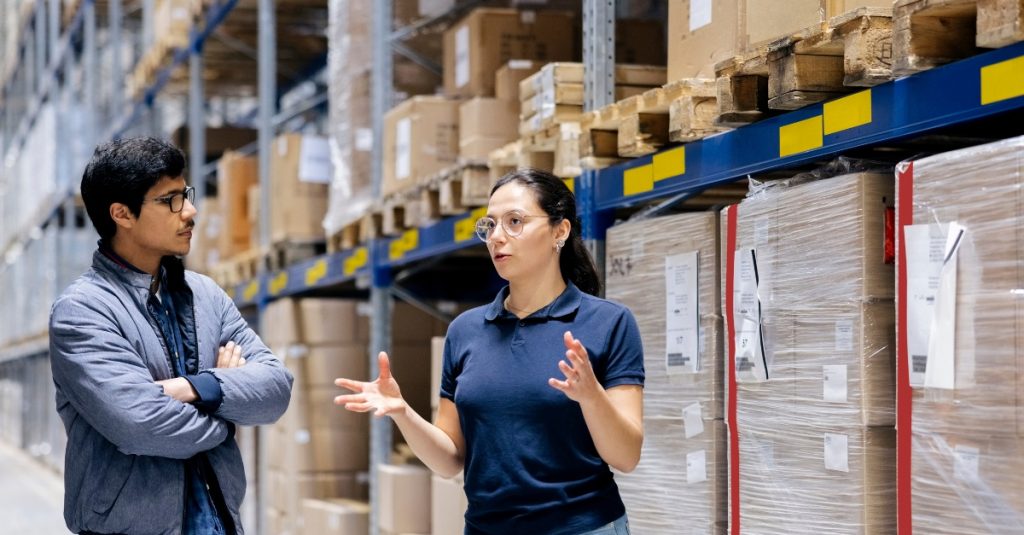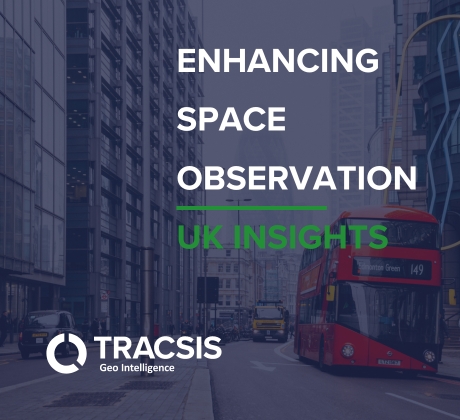The United Kingdom has established itself as a global leader in the space observation sector, with a thriving ecosystem of government agencies, research institutions, universities, and private companies driving innovation and growth.
The nation’s strategic investment in Earth Observation (EO) technology, coupled with a supportive regulatory framework, has positioned the UK at the forefront of harnessing the power of satellite data for a multitude of applications.

The UK Space Agency’s Vision and Investment
The UK Space Agency has played a pivotal role in fostering the growth of the UK space sector. Through strategic investments, policy frameworks, and international collaborations, the Agency has created a supportive environment for innovation and commercialisation.
The recent £9 million investment in advanced satellite instrumentation is a testament to the Agency’s commitment to expanding the UK’s EO capabilities. This investment is expected to drive advancements in atmospheric monitoring, climate change research, and air quality assessment.
By aligning with the UK’s broader space strategy, the Agency aims to capture a significant share of the global space market, create high-value jobs, and inspire the next generation of space scientists and engineers.
The Power of Space Observation
Earth observation, when combined with advanced geospatial analysis, is revolutionising our understanding of the planet. By capturing and analysing data from satellites, we gain unprecedented insights into environmental changes, resource management, climate patterns, and human activities.
This knowledge is essential for addressing global challenges such as climate change, food security, and disaster response.

EO and Geospatial Data Analysis
The applications of EO and geospatial data analysis are vast and far-reaching, impacting numerous sectors:
Agriculture
- Precision agriculture: Optimising crop yields, resource management, and farm profitability through data-driven insights.
- Supply chain optimisation: Improving efficiency and sustainability in agricultural supply chains.
- Food security: Monitoring crop health, predicting yields, and managing food distribution.
Transportation
- Traffic management: Optimising traffic flow, reducing congestion, and improving transportation infrastructure.
- Autonomous vehicles: Developing and testing autonomous vehicle systems using EO data.
- Logistics and supply chain optimisation: Enhancing efficiency and reducing costs through data-driven insights.
Environment
- Climate change monitoring: Tracking greenhouse gas emissions, assessing climate impacts, and developing mitigation strategies.
- Environmental monitoring: Monitoring deforestation, pollution, and biodiversity loss.
- Disaster management: Improving early warning systems, disaster response, and recovery efforts.
Infrastructure
- Urban planning: Optimising city design, transportation, and resource management.
- Infrastructure monitoring: Assessing the condition of infrastructure assets and predicting maintenance needs.
- Renewable energy: Identifying optimal locations for renewable energy projects.

A Space-Enabled Workforce
To fully realise the potential of the space sector, it is imperative to cultivate a skilled workforce with expertise in EO, geospatial analysis, and related disciplines.
Integrating EO and geospatial concepts into education at all levels can foster a new generation of innovators and problem-solvers.
- Primary and secondary education: Introducing basic concepts of geography, remote sensing, and data analysis to spark interest and develop essential skills.
- Higher education: Offering specialised courses and programs in EO, geospatial science, and related fields to equip students with the necessary knowledge and expertise.
- Lifelong learning: Providing opportunities for continuous professional development and upskilling for professionals in various sectors.
The Role of Tracsis Geo Intelligence
Tracsis Geo Intelligence is at the forefront of harnessing the power of EO and geospatial data analysis to deliver actionable insights for businesses, governments, and organisations worldwide.
Our expertise encompasses environmental monitoring, tracking deforestation, pollution, and biodiversity changes. We contribute to climate action by quantifying greenhouse gas emissions, assessing climate impacts, and informing adaptation strategies.
Our solutions optimise land use, urban planning, and infrastructure development, while also aiding disaster management through rapid damage assessment and effective response coordination. By combining our deep domain knowledge with cutting-edge technology, we empower clients to make informed decisions and drive sustainable practices.

The Future of the UK Space Observation Sector
The UK’s space observation sector is poised for continued growth and innovation, driven by several key trends:
- Increasing demand for high-resolution data: Driving the development of advanced satellite sensors and data processing techniques.
- Integration of AI and machine learning: Enhancing the ability to extract valuable insights from vast amounts of EO data.
- Focus on sustainability: Leveraging EO to address environmental challenges and support sustainable development goals.
- Commercialisation of space data: Developing new business models and revenue streams based on EO-derived products and services.
- International collaboration: Strengthening partnerships with other space-faring nations to address global challenges.
As the sector evolves, the UK’s strategic investments, coupled with a thriving innovation ecosystem, position the nation as a global leader in space observation. By harnessing the power of EO and geospatial data analysis, the UK can drive economic growth, improve quality of life, and contribute to a more sustainable future.
The UK has firmly established itself as a global leader in the space observation sector, with Earth Observation (EO) and geospatial data analysis at the core of its success. The nation’s strategic investments, coupled with a thriving innovation ecosystem, have positioned it to capitalise on the immense potential offered by this rapidly evolving field.
As the UK continues to explore and harness the power of space-based technologies, we can expect to witness groundbreaking advancements in environmental monitoring, climate action, resource management, and beyond. By fostering collaboration between government, industry, and academia, the UK can solidify its position as a global leader, driving economic growth, improving quality of life, and addressing the world’s most pressing challenges.
Tracsis Geo Intelligence is proud to be at the forefront of this exciting journey. Our expertise in EO and geospatial data analysis empowers our clients to make informed decisions, optimise operations, and contribute to a more sustainable future.
